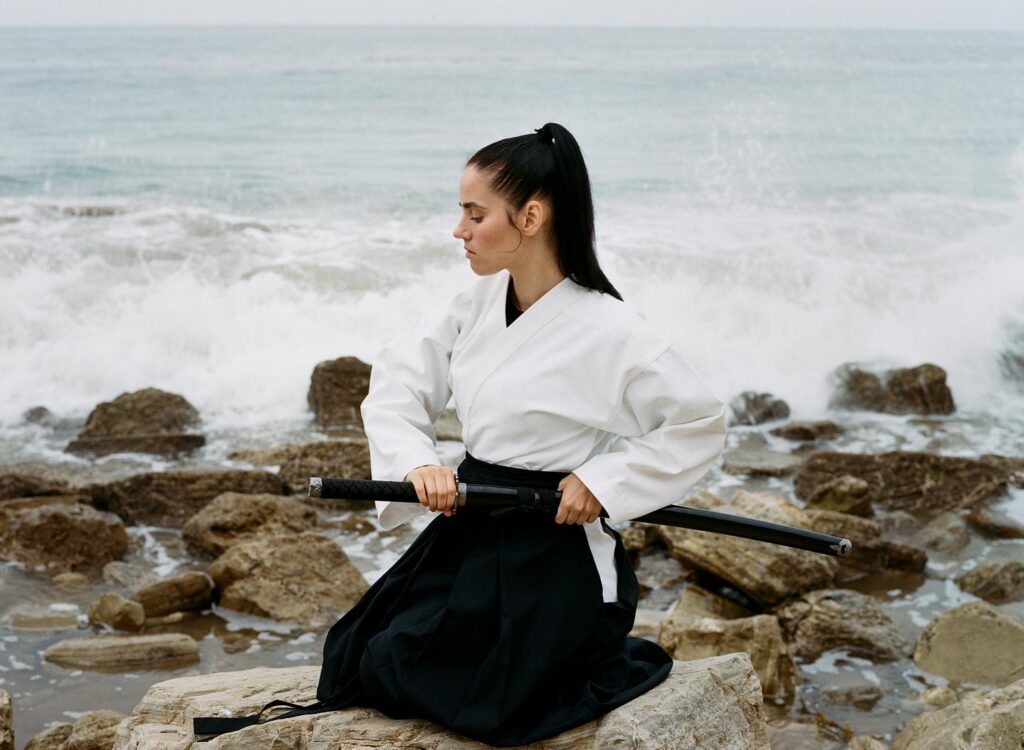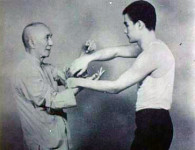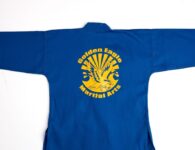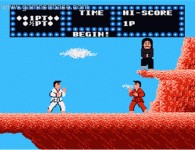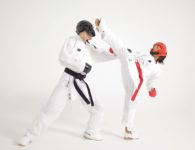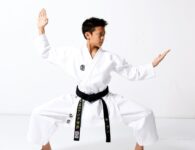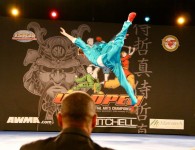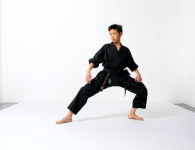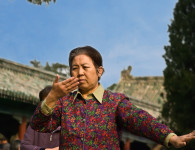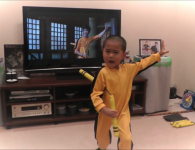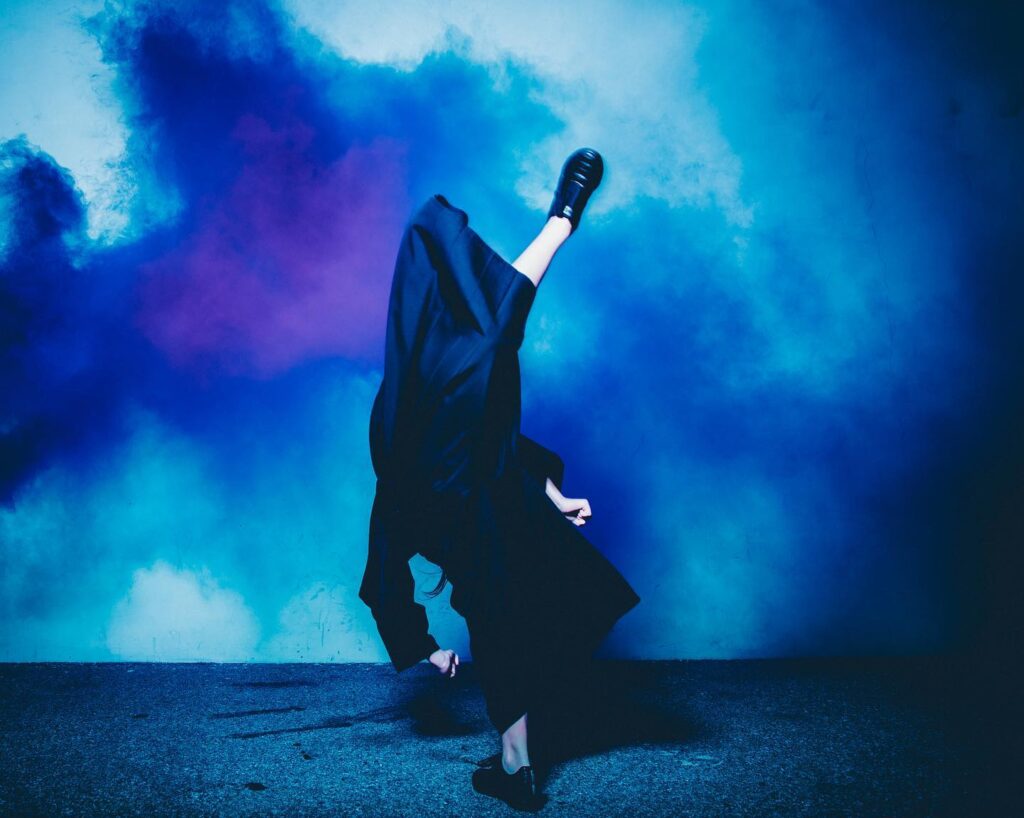
It’s not always easy being a neurodivergent person in a world that wasn’t built for you. But there are steps you can take and activities you can try to make life a little more manageable — and more rewarding. Martial arts could be one of those things.
With rich history, structured learning environments, clear and logical instructions, and supportive community atmospheres, martial arts training has a lot to offer people who are included under the neurodivergent banner, including autistics, ADHDers, people with dyspraxia, and those dealing with anxiety and depression. The right gym, class, and training partners can provide an ND person with a safe and happy space in which to learn and grown. And if can give you some valuable tools for tackling life outside of that space, too.
Here are seven ways in which martial arts can benefit neurodivergent people of all ages:
Measurable Goals
There are a lot of aspects of life that don’t make sense to the average neurodivergent person. Work and socialization are filled with unwritten rules. It can be hard to know where you stand or how to progress. And trying to figure it out can be frustrating and exhausting.
In the dojo there are clear instructions for almost every aspect of training. You are told how to treat each other and yourself, how to perform techniques, and what you will need to learn and demonstrate to progress to the next level. Having relatively easy to follow guidelines and measurable and achievable goals can be a refreshing change of pace for ND people. And a great way to build some much needed self-esteem.
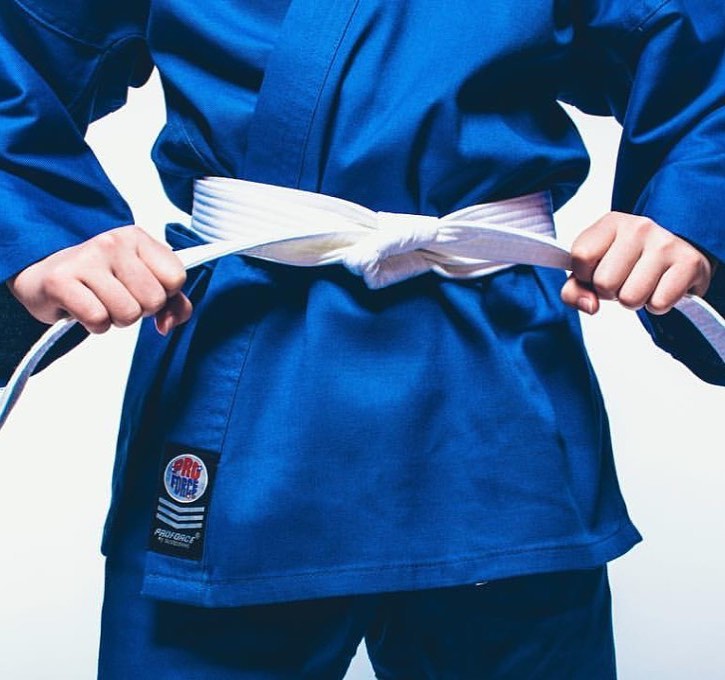
Repetition
Most martial arts and combat sports training programs involve some degree of careful and precise repetition. Think of Kata in Karate, technique training in Brazilian Jiu-Jitsu, or combos in Boxing and MMA. Going over these patterns and refining the movements involved is beneficial for everyone who trains, but it’s especially useful for many neurodivergent people.
Repetition can provide necessary structure for people with ADHD and be soothing for autistic people. The ability to go over and over a technique also gives anyone who has atypical learning patterns the ability to grow at their own pace without having to worry that they’ll miss something or be left behind.
Parallel Play
Some ND people excel at team sports. Others struggle with the combination of having to manage group dynamics, be aware of where your body is in relation to your teammates and your opponents, and keep track of whatever ball or puck is involved all at the same time. Martial arts training can offer a happy medium between the pressures of team sports and staying at home and training by yourself.
In martial arts classes, you learn to work alongside your training partners and encourage each other, but your path is still yours. Which means you have time to focus on what you still need to learn and work on without having to worry that you’re letting anyone else down. But you still get the support and comfort that comes with having a team who is on your side.

Community
Some neurodivergent people can struggle with loneliness and making friends. Good martial arts classes foster a supportive community environment where teammates can bond over a shared interest and worked toward a shared goal. Having teammates that you see each week can help to take the edge off of loneliness. And mutual respect and similar interests and goals are a great foundation for new friendships.
Self Regulation
The physical demands of martial arts training are a great way to relieve stress and built up tension in your body. Physical and mental discipline techniques help students learn how to calm and guide their minds and bodies. Sparring helps students develop the skills to relax under pressure and logically work through challenges. Put together, all of these skills can help to make the challenges and annoyances of daily life a little easier to manage for ND folks.
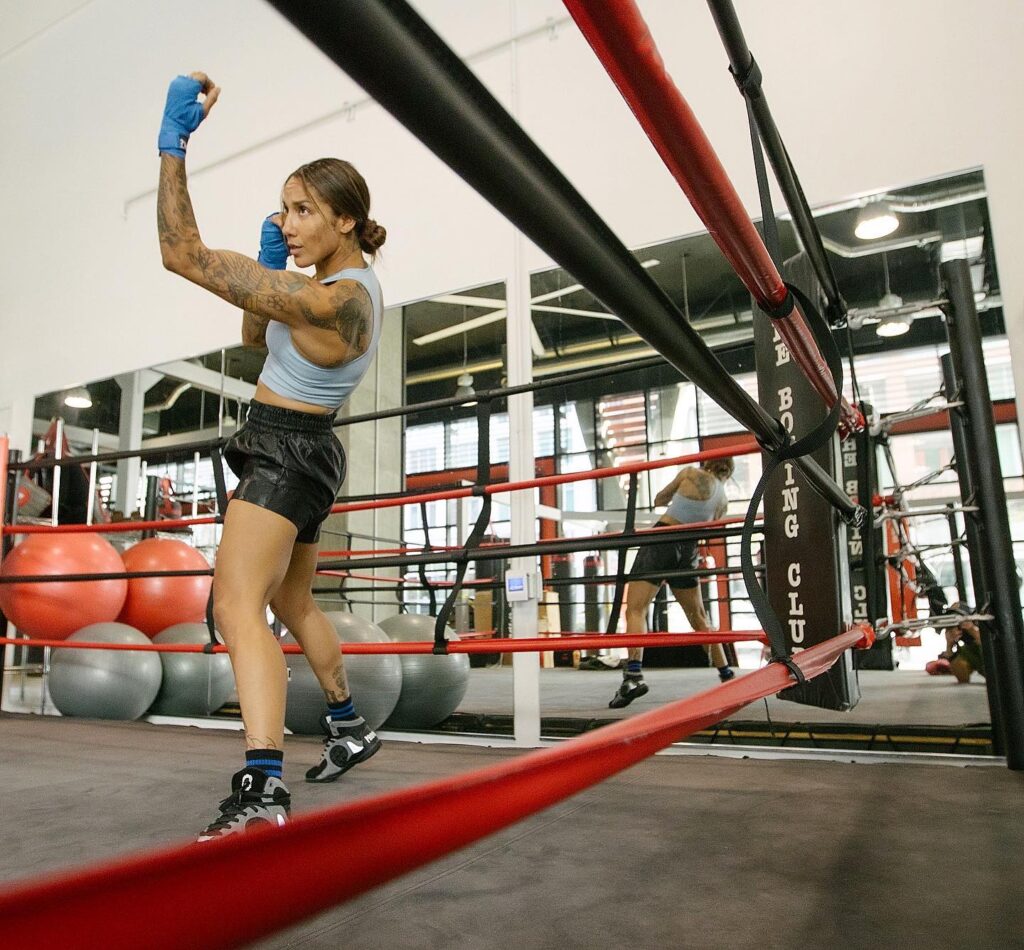
Self Defense and Conflict Resolution
Unfortunately, many neurodivergent people are bullied, picked on, or otherwise misunderstood and treated poorly. Martial arts training helps people to learn how to navigate conflicts. It also fosters a sense of self-confidence to help people stand up for themselves while dealing with those conflicts and misunderstandings. And while we hope it’s never necessary, the self-defense techniques that are included in most martial arts training can give people the ability to protect themselves if a conflict becomes physical.
Special Interests
Being a neurodivergent person shouldn’t just be about surviving and adapting to the world. There are many wonderful aspects of having a different mind, and martial arts can also help you celebrate them. For ND people who get joy and comfort out of special interests and hyperfixations, for example, the world of martial arts provides all sorts of fascinating rabbit holes you can go down.
Intensely focus on techniques themselves and how and why they work! Do a deep dive on the history of your martial art! Immerse yourself in the culture surrounding it! You can even research the history and evolution of martial arts gear and learn the exact makes and models that will work best for your training. There’s so much to learn and so many ways in which you can and will be rewarded for your curiosity and enthusiasm.
